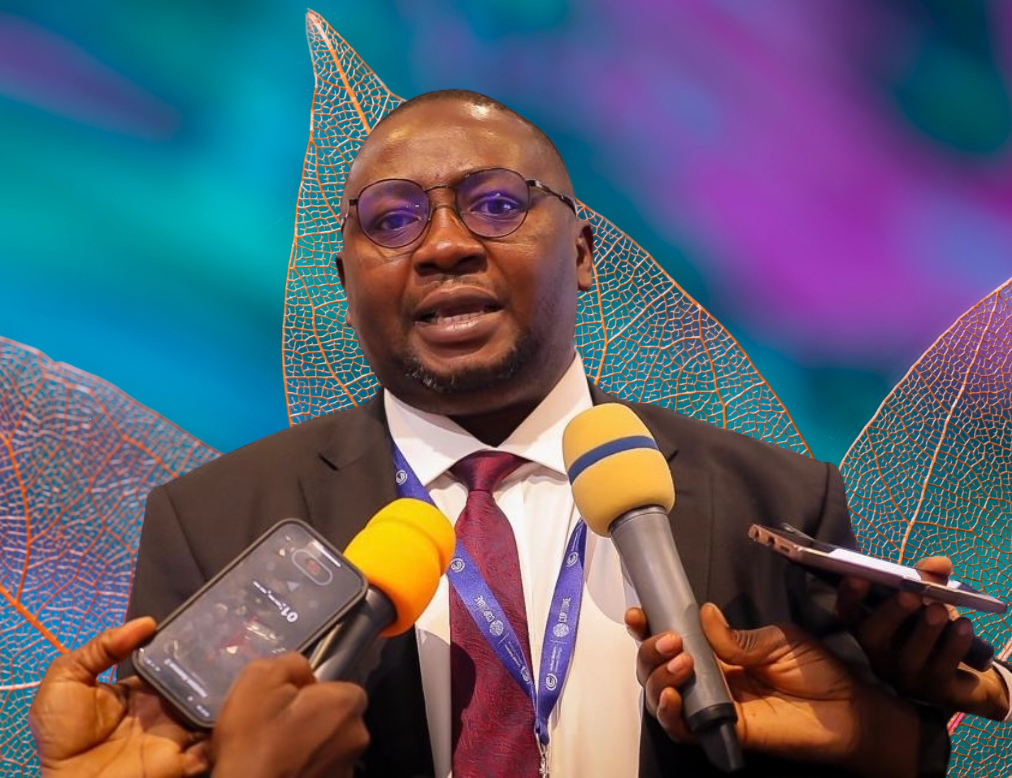KEY POINTS
- The Federal Government and Quaint Energy signed a concession agreement for 8MW hydropower plants in Oyo and Kogi States.
- Projects are designed to provide reliable electricity to communities, support agriculture and local industries, and foster rural economic growth.
- Public–private partnerships are central to improving energy access and reducing costs for households and small businesses.
The Federal Government has entered a concession agreement with Quaint Energy to develop two hydropower plants totalling 8 megawatts, aimed at improving electricity access in Oyo and Kogi States.
The deal with Quaint, signed on Wednesday in Abuja, covers the 6MW Ikere Gorge Hydropower Project in Oyo and the 2MW Omi-Kampe Hydropower Project in Kogi.
Speaking at the ceremony, Minister of Power Chief Adebayo Adelabu described the agreement as a landmark for Nigeria’s energy sector, highlighting its potential to attract private investment and unlock renewable energy resources in local communities.
“The power sector remains a cornerstone of our economic transformation plan,” he said. “Our goal is to deliver stable, affordable, and sustainable electricity that drives industrialisation, creates jobs, and promotes inclusive growth across all regions of Nigeria.”
Hydropower Projects to Stimulate Local Economies
Adelabu emphasised that the projects are more than just concessions, describing them as strategic interventions to enhance energy access, support state electricity markets, and improve local industrial productivity through renewable sources.
“Once fully developed, these plants will supply reliable electricity to surrounding communities, support agricultural processing zones, small industries, and social infrastructure, and catalyse rural economic growth in Oyo and Kogi States,” he said.
Public–Private Partnerships as a Tool for Growth
The signing underscores the government’s commitment to private sector-led growth in the electricity supply industry. Adelabu noted that partnerships like this enable capital mobilisation, technology transfer, and innovative solutions from private companies while mitigating investment risks.
He also commended Quaint Energy for adhering to global standards of efficiency, safety, and environmental sustainability, and acknowledged the Infrastructure Concession Regulatory Commission for facilitating the process.
Quaint Energy Chairman Femi Adeyanju affirmed that the company would deliver on its commitments, stressing that the projects would benefit both local communities and Nigerians nationwide.
Economic Impact on the Average Nigerian
The projects are expected to provide clean, off-grid electricity, reducing dependence on the national grid and imported fuel. For households, this could mean lower energy costs and more reliable electricity supply. Small and medium-sized enterprises, particularly in agricultural processing, could experience lower operational costs, enabling them to expand and create jobs.
Analysts suggest that decentralised renewable energy projects like Ikere Gorge and Omi-Kampe are critical in reducing energy poverty and boosting economic activity in rural areas, with tangible benefits for ordinary Nigerians’ day-to-day lives.



